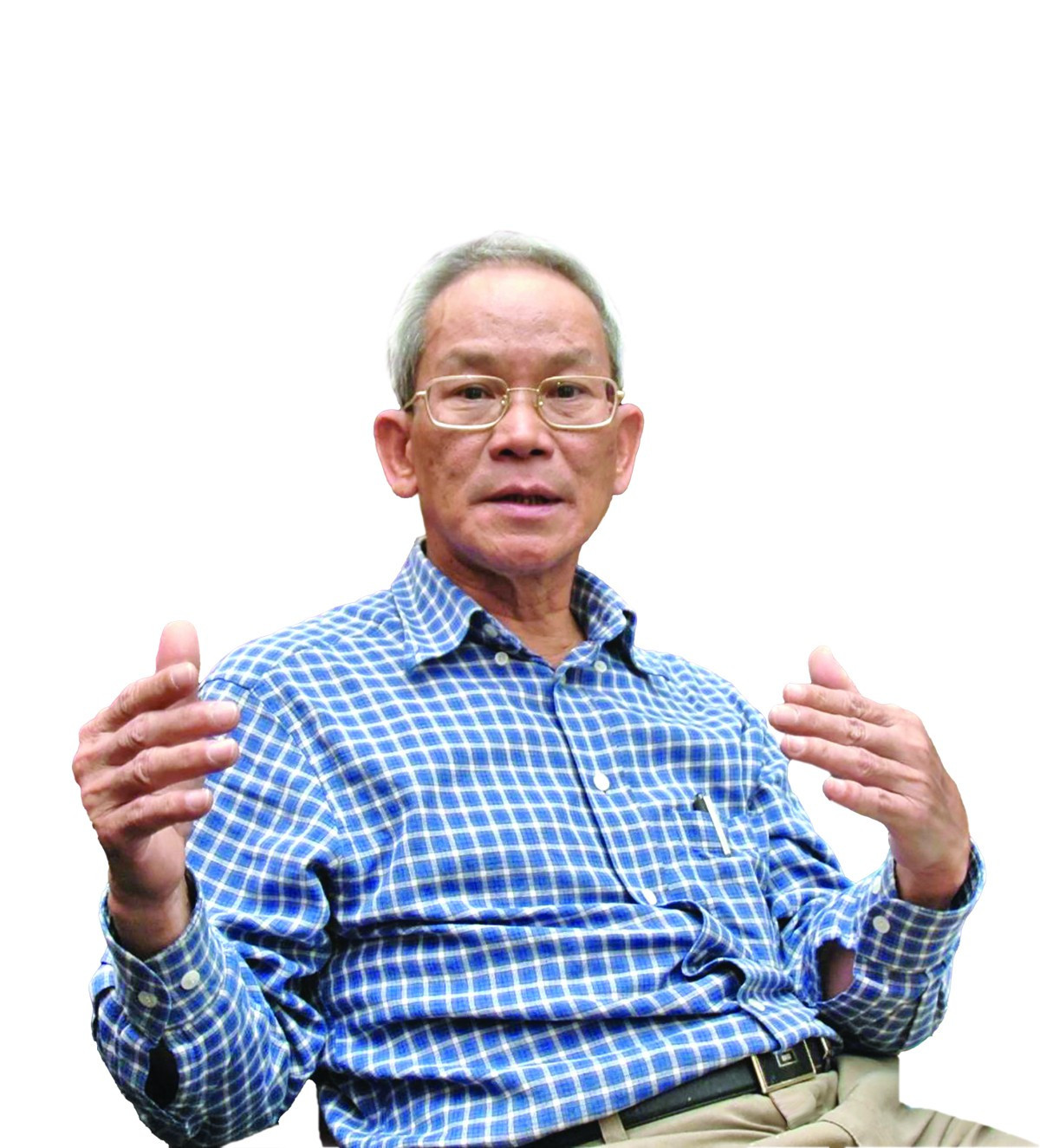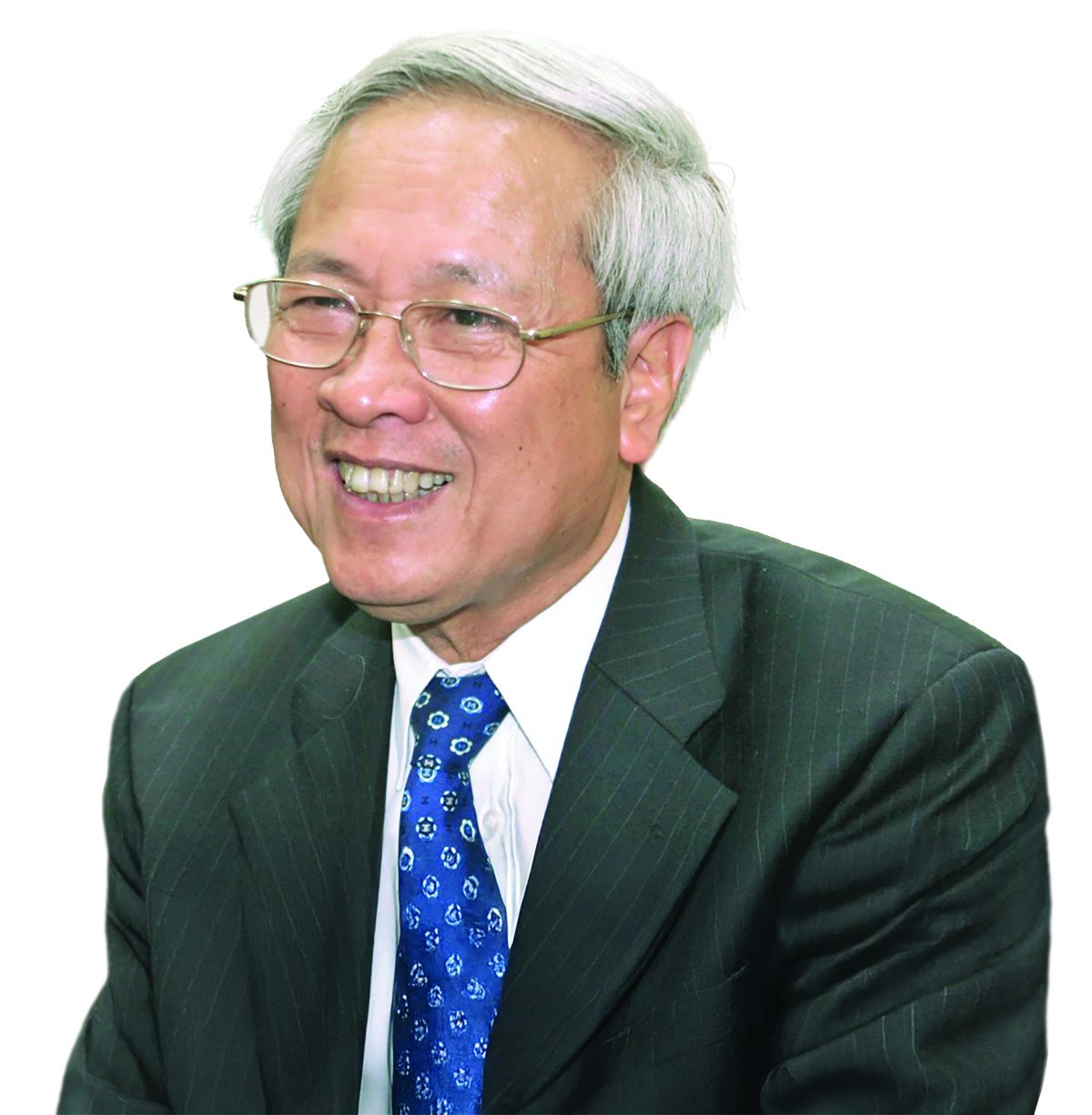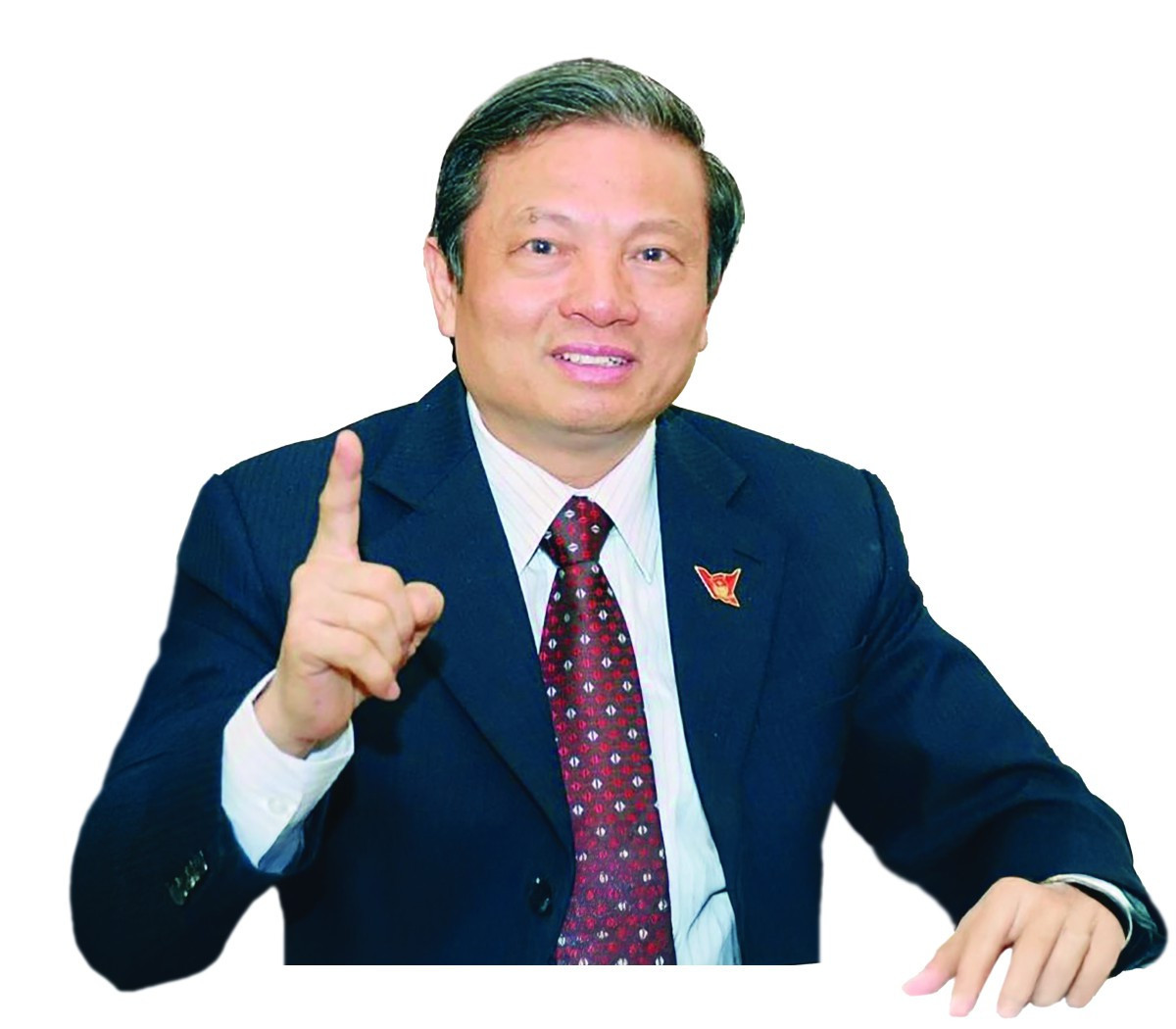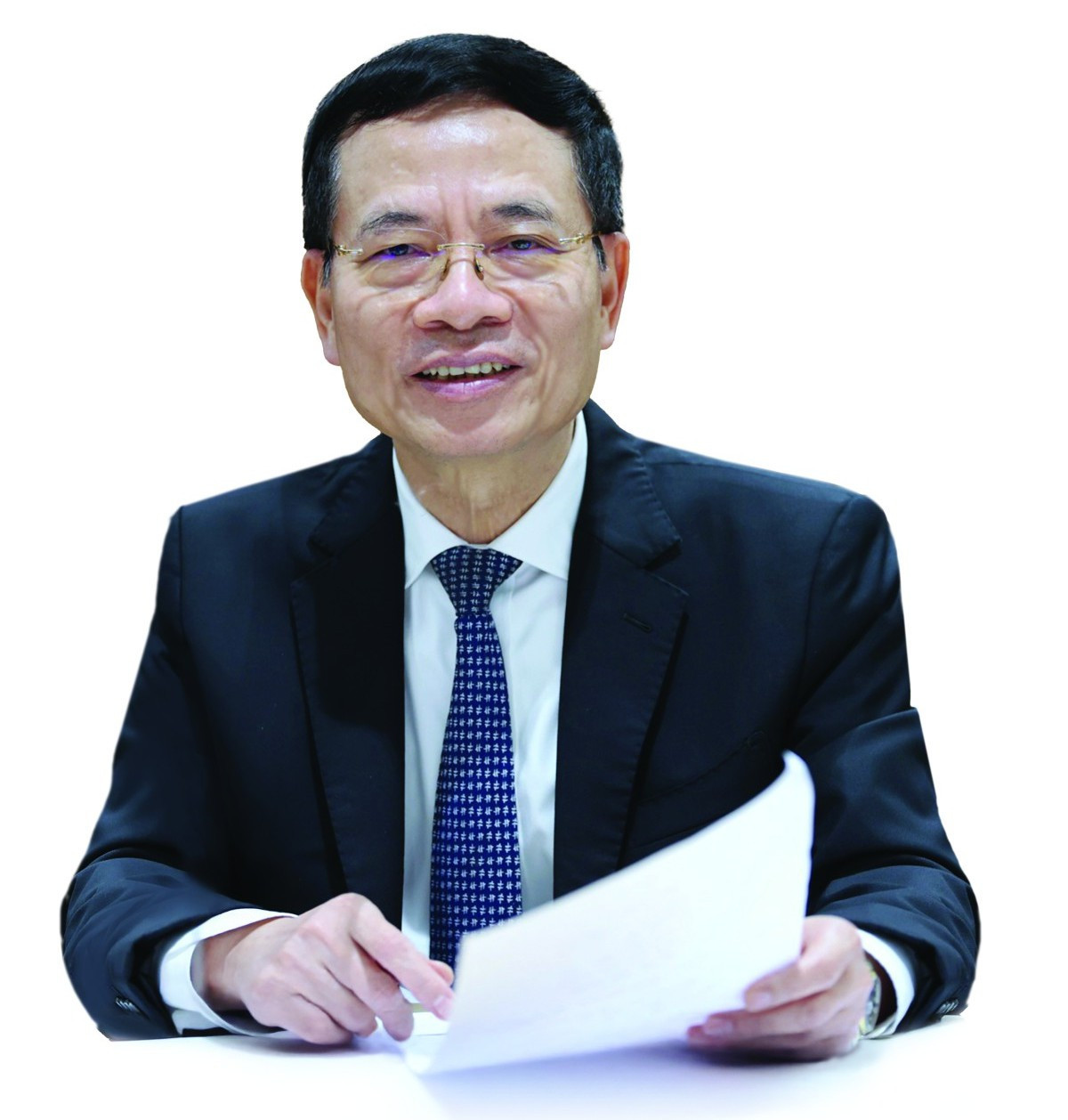The Ministry of Information and Communications (MIC) (now the Ministry of Science and Technology) of Vietnam has undergone revolutionary transformations, transitioning from analog to digital and spearheading national digital transformation.
Behind these monumental changes are visionary leaders who dared to think big, act boldly, and innovate continuously.
Dang Van Than: The pioneer of digital transformation

One of the most significant figures in Vietnam’s telecommunications revolution is Dang Van Than. Known as “Ba Than,” he played a pivotal role in transforming the Postal and Telecommunications sector during the early years of the country's reform.
In 1984, Dang Van Than was appointed Director General of the General Department of Posts and Telecommunications, a time when Vietnam’s telecom infrastructure was considered one of the most outdated in the world. Revenue mainly came from press distribution and postage stamp sales, and the sector was on the verge of collapse.
Amidst these challenges, Dang Van Than made a bold decision to modernize the telecom system, opting to leap directly to digital technology instead of sticking with analog systems. He focused on international telecommunications as a breakthrough point, advocating for digital switching systems over the outdated German analog systems that were being offered.
This bold move proved to be visionary, positioning Vietnam at the forefront of telecom modernization. Under his leadership, the postal sector secured international partnerships and introduced foreign investment models such as the Business Cooperation Contract (BCC) with Telstra (Australia) in 1988. This agreement marked the first foreign investment of its kind in Vietnam, paving the way for future projects like the 1995 BCC with Comvik (Sweden) to establish MobiFone, Vietnam’s first mobile network.
Dang Van Than’s strategic vision and leadership not only transformed the telecommunications sector but also laid the foundation for Vietnam’s modern telecom industry.
Mai Liem Truc: Opening the market and bringing the Internet to Vietnam

As Director General of the General Department of Posts and Telecommunications, Mai Liem Truc played a crucial role in liberalizing the telecom market and introducing the Internet to Vietnam.
In 1997, amid debates and opposition from various high-level officials who feared the Internet’s potential negative impacts, Mai Liem Truc pushed for openness and innovation. His strategic vision led to granting licenses to private Internet Service Providers (ISPs), breaking VNPT’s monopoly and fostering market competition.
One of his most notable decisions was to license Viettel as the first private telecom provider, despite resistance and concerns. The decision proved transformative, as Viettel’s competitive presence helped democratize mobile phone access, making it affordable even for low-income users.
His pioneering mindset and daring initiatives laid the groundwork for market liberalization and widespread Internet adoption, shaping Vietnam’s digital future.
Do Trung Ta: Champion of IT convergence

In the early 21st century, Do Trung Ta, then Minister of Posts and Telecommunications, was instrumental in integrating IT and telecommunications, anticipating the convergence of telecommunications and information technology (ICT).
He initiated the concept of "Internet for All", aiming to extend Internet access to rural and remote areas. His advocacy for GSM mobile technology in 1990 set a global standard for Vietnam’s telecom development.
Under his leadership, Vietnam moved from monopolistic practices to a competitive market, opening the door for multiple telecom players. This shift drove service improvements and cost reductions, enabling greater digital access for the public.
He also advocated for the renaming of the Ministry of Posts and Telecommunications to the Ministry of Information and Communications (MIC) in 2007, reflecting his forward-thinking vision of ICT convergence.
Le Doan Hop: Transforming Vietnam into an IT powerhouse

As the first Minister of the MIC, Le Doan Hop made significant contributions during the formative years of the ministry (2007–2011). His most notable achievement was formulating the "Strategy to Make Vietnam a Strong IT Nation", outlining a long-term vision for the ICT sector.
He initiated the National Program on Bringing IT to Local Communities, which aimed to bridge the digital divide and promote IT literacy among rural and remote populations. This program not only narrowed the digital gap but also enhanced IT accessibility nationwide.
During his tenure, the MIC established a comprehensive legal framework with the introduction of four sector-specific laws, consolidating the foundation for sustainable development in the ICT field.
His leadership also spurred public and private partnerships in ICT, creating economic opportunities and supporting the country's digital transformation agenda.
Nguyen Manh Hung: Leading the national digital transformation

A prominent figure in Vietnam’s digital transformation journey, Nguyen Manh Hung joined Viettel during its formative years and was pivotal in its expansion into global markets. As Minister of Information and Communications since 2018, he has been the driving force behind Vietnam’s digital strategy.
His vision of "70% transformation, 30% technology" emphasizes that digital transformation is more about mindset change than technology adoption. He strongly advocates for leadership involvement at all levels to drive digital transformation, as top-down commitment is vital for success.
Minister Hung believes that digital transformation is a strategic choice for Vietnam to achieve prosperity and modernization. Under his guidance, the ministry has successfully built digital infrastructure and promoted digital literacy, laying a solid foundation for a robust digital economy.
PV